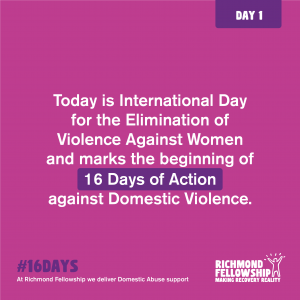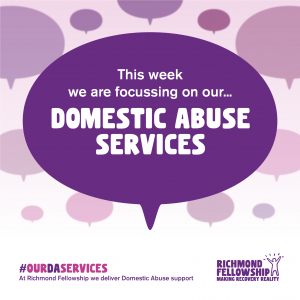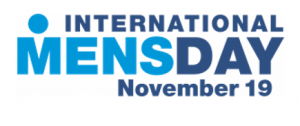We are supporting 16 Days of Action against Domestic Abuse
 16 Days of Action against Domestic Abuse is an awareness period dedicated to ending domestic abuse across the world. It is an opportunity to call for changes at an international, national and local level. It begins today, on the 25 November, International Day for the Elimination of Violence against Women and ends on the 10 December, International Human Rights Day.
16 Days of Action against Domestic Abuse is an awareness period dedicated to ending domestic abuse across the world. It is an opportunity to call for changes at an international, national and local level. It begins today, on the 25 November, International Day for the Elimination of Violence against Women and ends on the 10 December, International Human Rights Day.
Last year it was estimated that 1.6 million women and 757,00 men in England and Wales were victims of domestic abuse. Every week it is estimated that two women a week are killed by a current or ex-partner in England and Wales alone (Office for National Statistics UK). We know that the pandemic has only made things worse for people at risk of domestic abuse, the UN reported that calls to domestic abuse helplines had increased five-fold in some countries during the pandemic.
Sadly, the violence doesn’t stop at domestic abuse. Sexual harassment in public spaces is experienced by many women across the world, and the tragic murders of Sarah Everard and Sabina Nessa have only heightened awareness of the danger’s women continue to face.
71% of women of all ages in the UK have experienced some form of sexual harassment in a public space. This numbers rises to 86% among 25 – 34 years old. 97% of 18 – 24-year-old women have experienced some form of sexual harassment. (UN Women, 2021)
More must be done to address domestic abuse, sexual harassment, and the increasing violence against women and girls. For the next 16 Days we will be using our social media to raise awareness about what domestic abuse is, giving insight into how our domestic abuse services work to safeguard victims and children, and demonstrating how and why we need to take action to stop perpetrators reoffending. Over the next 16 days you can expect to see on our social media:
- Statistics shining the light on the current state of domestic abuse in the UK.
- Insight into the different forms of domestic abuse and what these can look like.
- Personal stories from people who have used our services, including perpetrators.
- Putting the focus on our specialist work with perpetrators of domestic abuse.
- Signposting to helplines/support and other valuable learning resources.
- Insight into the impact of domestic abuse on children and young people.
- And much more…
Approximately 400,000 perpetrators per year cause medium and high levels of harm, yet fewer than 1% received specialist intervention that might stop the violence.
Specialist interventions like our Domestic Violence Prevention Programme (DVPP) delivered through our Domestic Abuse divisions, exist to address the abusive behaviours of perpetrators. These interventions allow us to get to the root cause of domestic abuse, helping to stop reoffending. Our domestic abuse services are pioneers in working with perpetrators. In fact, our DVIP division had one of the first Domestic Violence Prevention Programmes to be fully accredited by Respect UK, the national accreditation body in the UK.
As an organisation that delivers specialist support, we can not only speak up on the issue, but also be part of the solution ahead to creating a safer environment for victims and survivors of domestic abuse. We look forward to talking more about our work with perpetrators later in the campaign.
Make sure you follow us on Twitter and like our Facebook page to stay up to date with our 16 Days campaign. You can find out more about our domestic abuse services here. You can also check out our social media posts from earlier this week dedicated to our domestic abuse services to find out more about their work.

















